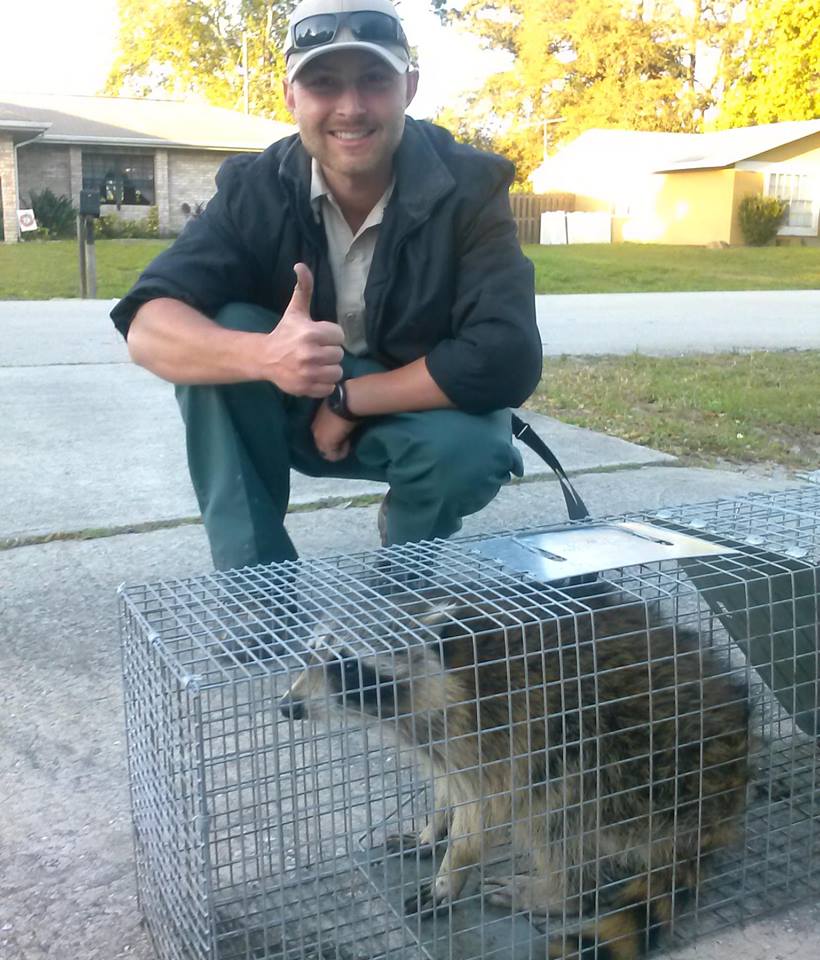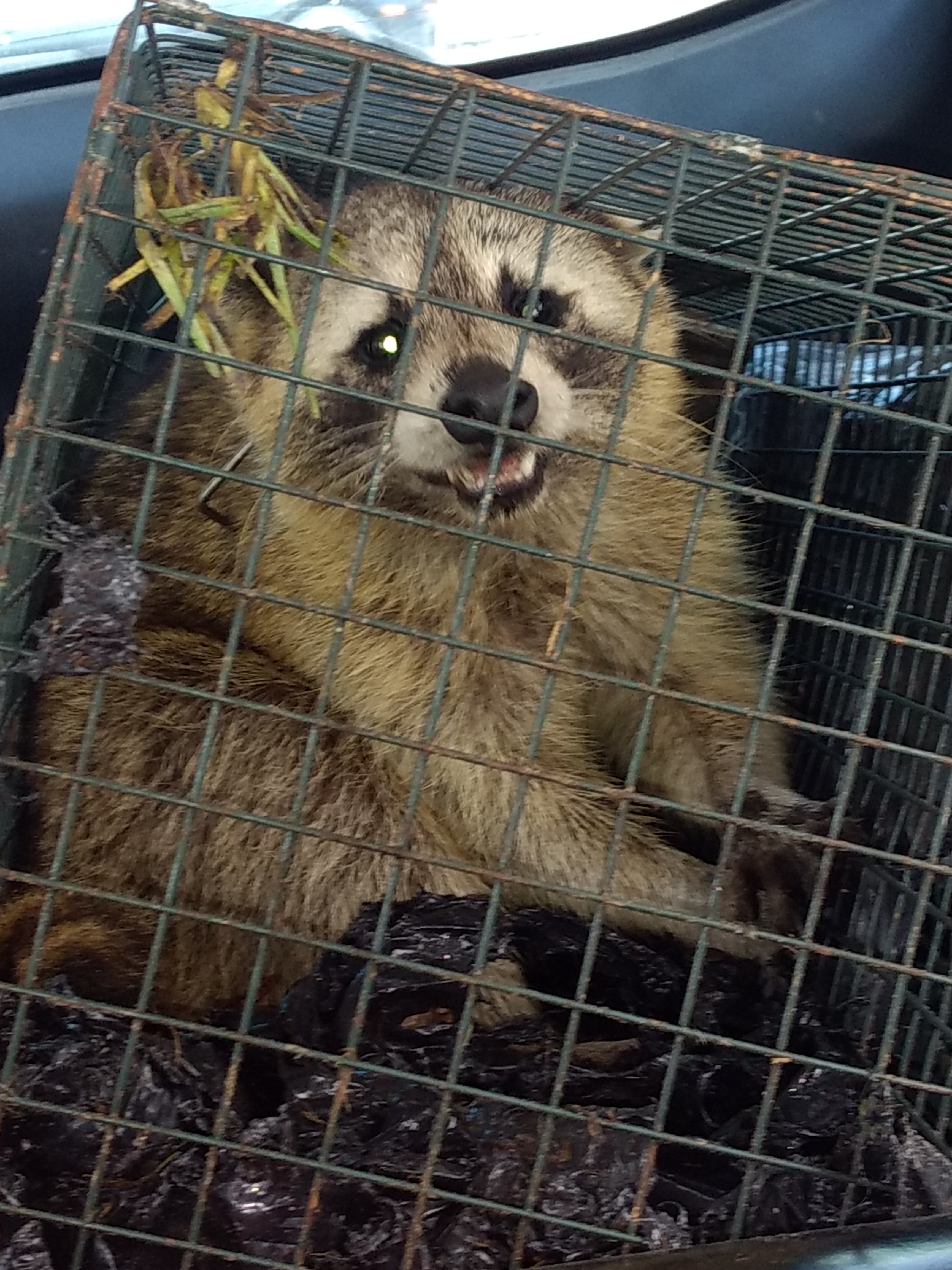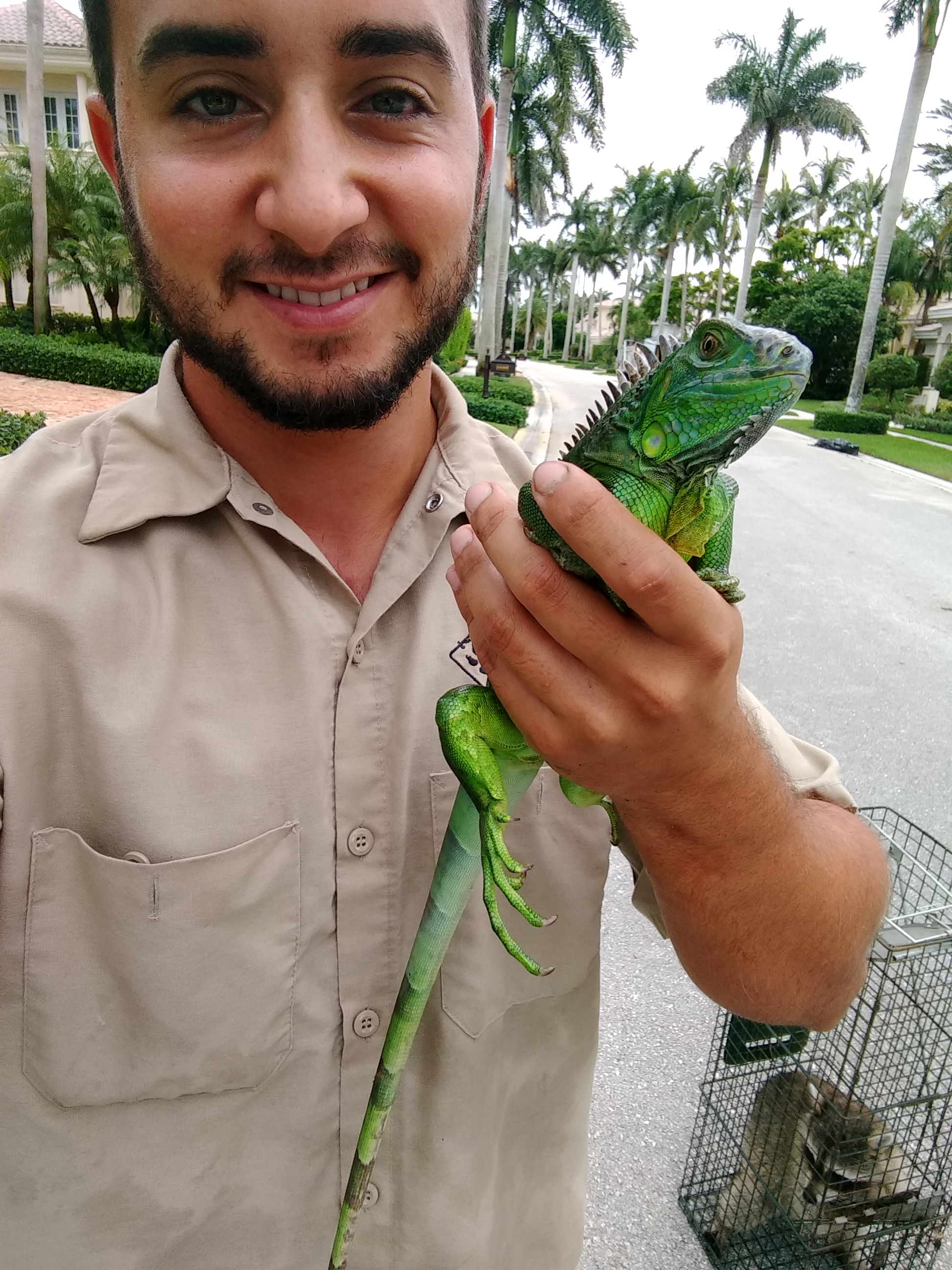
Raccoon infestation issues can escalate very quickly in houses and result in many types of damage to structures, increase electricity issues in addition to health and hygiene concerns amongst others.
The majority of the problems brought on by raccoon infestation in homes are in fact preventable, and many homeowners are guilty of accidentally inviting these nuisance animals by their own actions or inactions. Raccoons are foraging animals and the singular thing which makes them look at your yard is food. Once there's a steady source of food in your yard, they're quick to invite themselves in by any small opening in your arrangement. So as to deter raccoons from sharing your house with you, you need to first and foremost stop feeding them.
The most effective preventive measures to keep raccoons away from your home are usually centered around eliminating food sources and blocking all possible entry points on your structure. Raccoons are extremely deft in handling broken or loose lids. If your garbage can must be left out, use lids that lock into position with handles or clamps. Also empty your garbage often so the smell doesn't invite them. Don't leave pet food or leftovers out at night. Always clean leftover food from any take-out also.
A large, aggressive puppy might help scare them off. Block any possible access point in your home or structure. You may hire an expert to carry out a comprehensive inspection of your residence and exclude it against wildlife entrance. Trim and reduce any surplus vegetation around your home or deck to minimize the amount of cover and hiding areas. Make certain that your chimney is properly capped at all times. Look for animal evidence below decks and cellar spaces in houses.
Some compound raccoon repellents, toxicants, and fumigants can be found in stores. They incorporate natural repellents such as coyote urine as their foundation. Water-sprayer raccoon deterrents are also widely available; these discharge water slides in response to a motion sensor to frighten off raccoons. It's been postulated in certain quarters that moth balls can keep raccoons from enclosed spaces in the home.

If you find evidence of a nest in your attic or your deck or someplace inside, you can dissuade them into leaving by putting bright lights, a noisy radio, and ammonia-dipped rags near the nest area.Raccoon traps are used in extreme instances and you normally have to consult your regional wildlife department before placing any traps. Only humane traps that don't harm the critters are accepted for use.
Whatever you do, avoid confrontations with any raccoon found on your premises, do not try to tackle them or chase them. A cornered raccoon can defend itself by attacking pets or humans, and might inflict injury or worse, transfer disease-carrying parasites. Female raccoons with young are particularly aggressive as they will protect their babies against any danger.

Of particular danger, are raccoons which are active throughout the day, moving erratically, or are not afraid of humans. These patterns of behaviour are typical signs of this zoonotic brain disorder - rabies. If you suspect there's a rabid raccoon in your premises, immediately call your regional wildlife control.
The very best means to curb raccoons from gaining entry onto your premises is to set up high fences, which is seldom anyone's preference for their residential area. In the absence of this, you might call in specialist wildlife handlers to inspect and proof your home against raccoon entrance; or undertake your house-proofing on your own by combining the above mentioned suggestions that are applicable to your own situation.